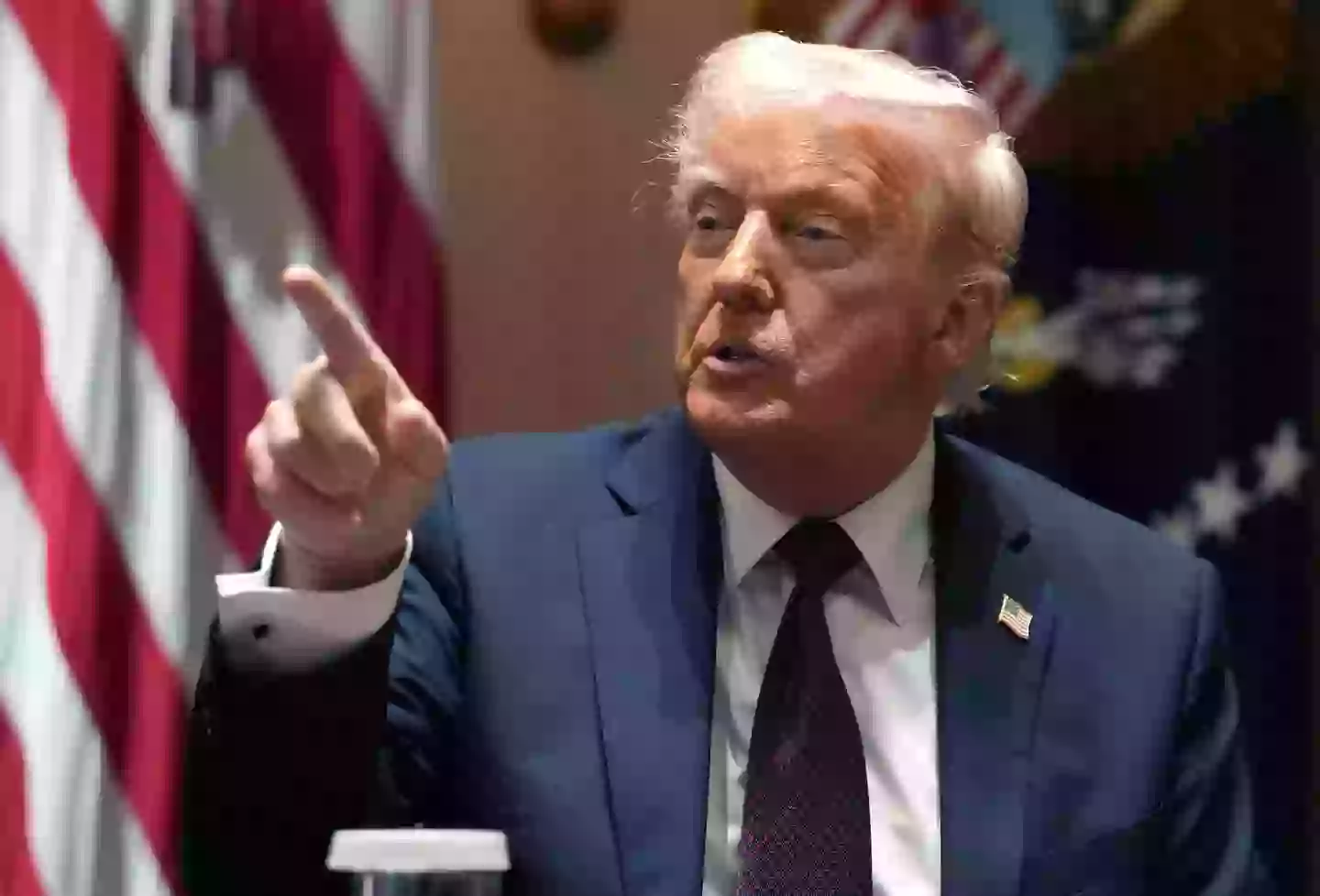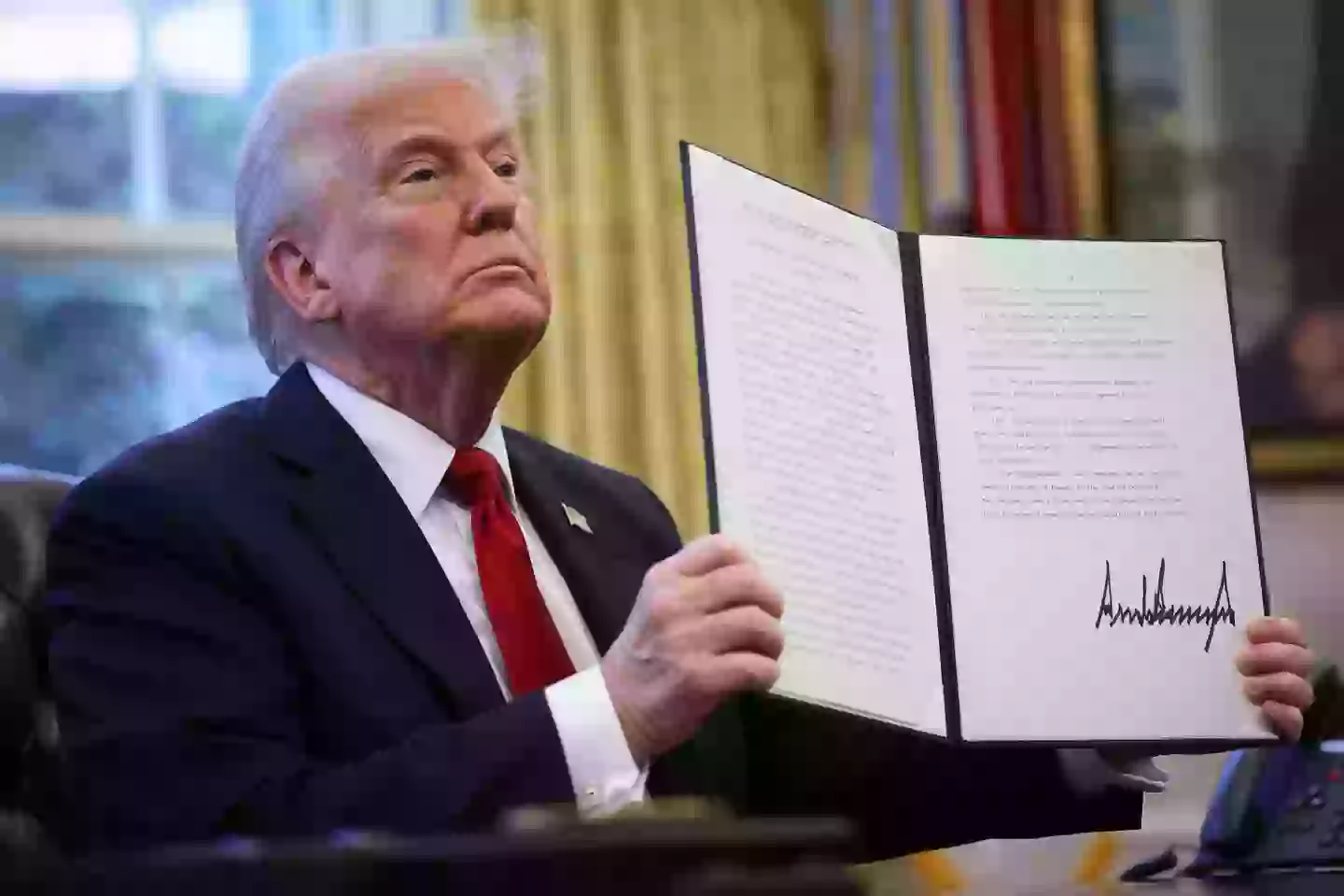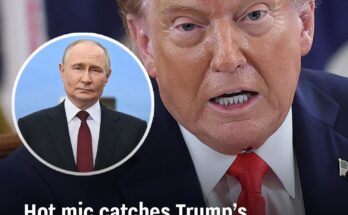U.S. President Donald Trump has intensified the trade war, announcing a new 25% tariff on imported vehicles and key auto parts.
Revealed on March 26, the tariff will take effect on April 2, a date Trump declared as “the beginning of Liberation Day in America.” The White House describes the move as essential to protecting national security and revitalizing the domestic auto industry, which it claims has been undermined by excessive imports.
According to a White House fact sheet, the tariff applies to imported passenger vehicles—including sedans, SUVs, crossovers, minivans, cargo vans, and light trucks—as well as critical auto components like engines, transmissions, and electrical parts. The administration has also left room to expand tariffs to additional components if necessary.
Manufacturers under the United States-Mexico-Canada Agreement (USMCA) can certify their U.S. content, ensuring the 25% tariff applies only to the value of non-U.S. materials. However, Trump emphasized: “If you build your car in the U.S., there is no tariff.”
While the president has previously wavered on other tariffs—such as temporarily pausing certain duties under a pre-existing trade deal—he stated that this latest tariff on imported vehicles will be “100% permanent.”

Another day in the Trump administration, another tariff (Win McNamee/Getty Images)
White House trade advisor Peter Navarro said: “The foreign trade cheaters have turned America into a lower-wage assembly operation for foreign parts that threatens our national security because it’s eroded our defense and manufacturing industrial base.
“Half of the roughly 16 million cars, SUVs and light trucks Americans bought in 2024 were imports – that’s 50 percent. Of the remaining eight million units, more than half of these cars were assembled from foreign parts. So what that means is less than 25 percent of the cars sold in America contain US content on average. That stops right now with the Trump auto tariffs.”
Trump’s tariffs are in a bid to ‘strengthen the US economy’, with the president reflecting it’s ‘a very simple system’.

The signed executive order on foreign-made cars (Win McNamee/Getty Images)
“And the beauty of the 25 – it’s one number […] And that number is going to be used to reduce debt greatly in the United States and to build things and reduce taxes. Basically, I view it as reducing taxes and also reducing debt,” he added.
The Canadian Chamber of Commerce said in a statement: “The consequences of today’s escalation in this destructive tariff war will not be contained to Canada, as much as the U.S. administration would like to pretend.
“Throwing away tens of thousands of jobs on both sides of the border will mean giving up North America’s auto leadership role, instead encouraging companies to build and hire anywhere else but here. This tax hike puts plants and workers at risk for generations, if not forever.”


